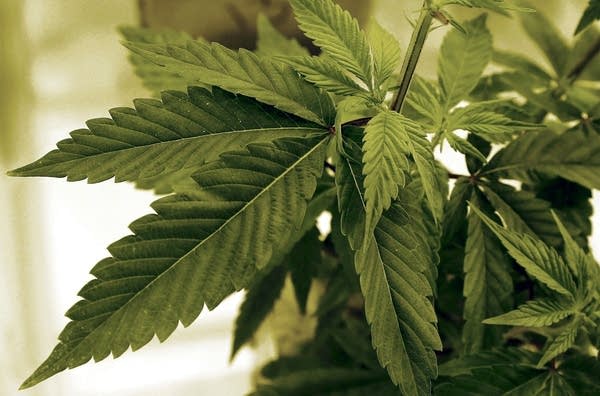Despite legalization, cannabis can still have legal impact for immigrants who aren’t U.S. citizens

In this June 17 file photo, marijuana plants grow at LifeLine Labs in Cottage Grove, Minn. On Aug. 1, Minnesota became the 23rd state in the country to legalize cannabis for recreational use. But cannabis continues to be a Schedule 1 drug under federal law, which could have consequences for non-U.S. citizens.
Jim Mone | AP 2015
Go Deeper.
Create an account or log in to save stories.
Like this?
Thanks for liking this story! We have added it to a list of your favorite stories.


